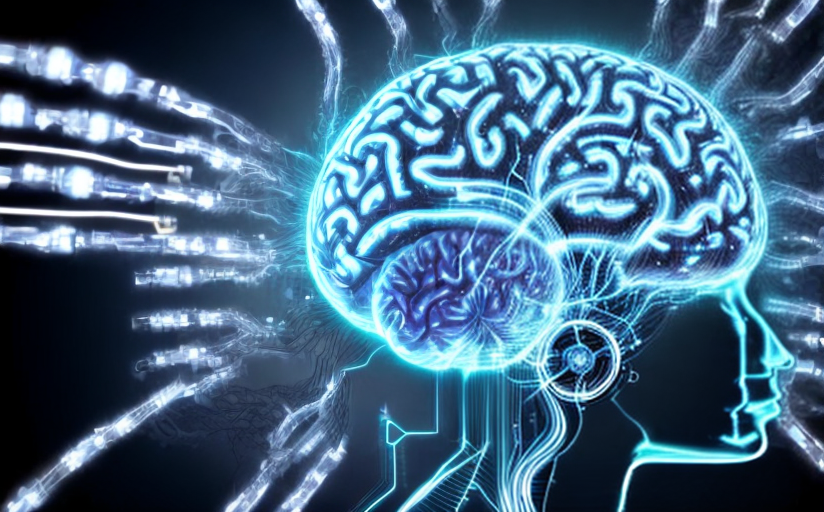Digital Technology's Influence on Mental Health
Digital technology refers to any system, device, or resource that generates, stores, or processes data. This broad definition encompasses a wide range of devices like smartphones, laptops, smartwatches, and even home appliances. Its use has become omnipresent, revolutionizing various aspects of modern society such as communication, education, work, and entertainment. However, like any powerful tool, digital technology can both enhance and harm our mental health.
The Positive Impact
Digital technology has provided significant benefits to mental health. For instance, it has enhanced access to mental health resources and services. Many individuals find online therapy more accessible and less intimidating than traditional in-person counselling. Additionally, health tracking apps help people monitor symptoms, thereby aiding in the management of mental health conditions. Websites, forums, and social media also provide platforms where people can share experiences, find support, and reduce feelings of isolation.
The Negative Impact
However, the negative impacts of digital technology on mental health are increasingly alarming. Digital addiction is a growing concern, with research showing that heavy usage of social media and other digital platforms can result in addictive behavior. This addiction often leads to increased anxiety, depression, and even sleep disorders.
Cyberbullying represents another critical issue, causing significant distress, decreasing self-esteem and sometimes leading to severe outcomes like self-harm and suicide. Social media can also foster feelings of inadequacy and social isolation when individuals compare their lives to the often-idealized images others present online.
A Double-Edged Sword
It's evident that digital technology serves as a double-edged sword in our lives. While it brings convenience and accessibility to mental health resources, it can also cause addiction, cyberbullying, and social isolation. It's essential to approach this powerful tool with critical awareness, understanding the benefits and the potential risks.
Recommendations for Responsible Use
Responsible usage of digital technology involves setting boundaries and practicing digital detox or periods of time during which one refrains from using electronic devices. Online etiquette and empathy should be the focus to prevent cyberbullying, and users should constantly self-evaluate their use of technology to ensure it doesn't lead to compulsive behaviors. It's also crucial to promote inclusive and realistic portrayals of life on social media platforms to prevent social isolation and feelings of inadequacy.
Conclusion
In conclusion, while digital technology has revolutionized our way of life and provided numerous benefits, caution is needed about its potential negative impacts on mental health. By practicing responsible use and remaining mindful of our digital habits, we can enjoy the benefits of this digital age without sacrificing our mental wellness.


















Comments
Leave a Comment